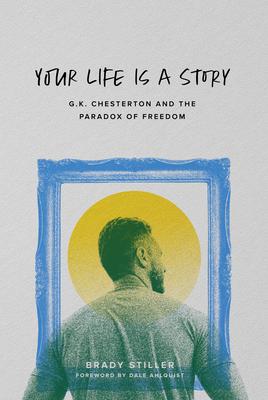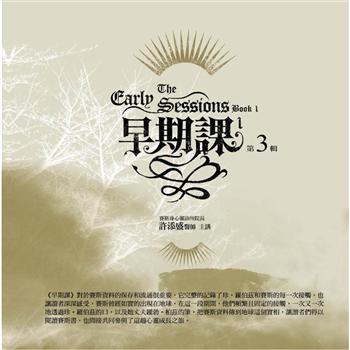What is the meaning of life? Do we create meaning or find it? Every person, implicitly or explicitly, has a conception of the meaning of life, which is intimately connected to our view of human freedom. How we answer these questions determines the course of our lives and our fulfillment.
Drawing from the great writer G.K. Chesterton, Brady Stiller identifies four dominant philosophical positions on meaning in our day--determinism, existentialism, skepticism, and nihilism--and evaluates their answers to these ultimate questions, and how they fall short. Evoking Chesterton’s notion of paradox, Stiller proposes a philosophical position more true to reality--namely, that the meaning of life is both objective and subjective at the same time. By viewing life as a story with both determined and undetermined aspects, we are equipped to coauthor our stories with the divine author, discovering our role in the grand drama of creation.












